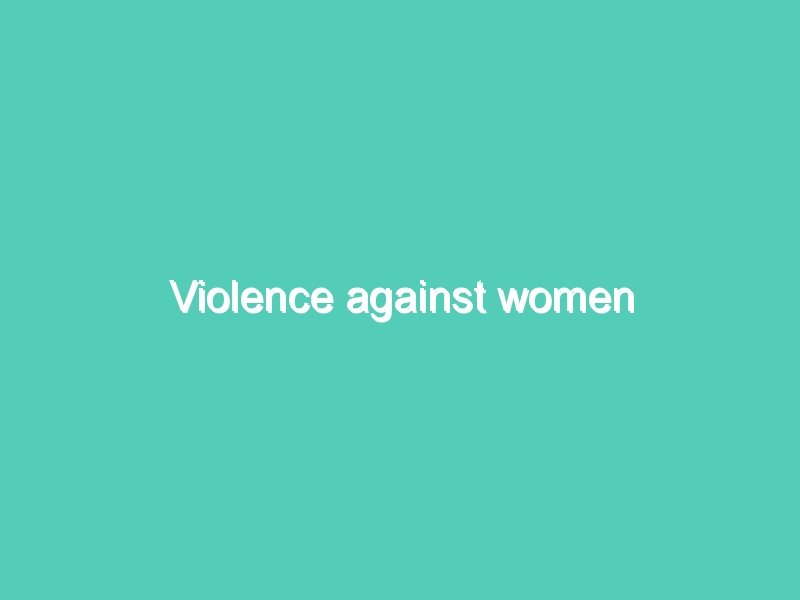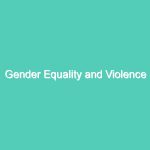| |
| The Declaration on the Elimination of Violence Against Women defines “violence against women” as “any act of gender-based violence that results in, or is likely to result in, physical, sexual or psychological harm or suffering to women, including threats of such acts, coercion or arbitrary deprivation of liberty, whether occurring in public or private life.”It has taken decades of struggle by the women’s rights movement to persuade the international community to view gender-based violence against women as a human rights concern and not just as a private matter in which the State should not interfere. In 1992, the CEDAW Committee in its General Recommendation No. 19, asserted that violence against women is a form of discrimination, directed towards a woman because she is a woman or that affects women disproportionately. This violence seriously inhibits women’s ability to enjoy rights and freedoms on a basis of equality with men. In December 1993, the Declaration on the Elimination of Violence Against Women, recognized that violence against women violates women’s rights and fundamental freedoms and called on states and the international community to work toward the eradication of violence against women. The same year, the Vienna Declaration and Programme of Action recognized that the elimination of violence against women in public and private life is a human rights obligation. The then Commission on Human Rights condemned gender-based violence for the first time in 1994 and the same year appointed a Special Rapporteur on violence against women, its causes and consequences. The 1995 UN World Conference on Women held in Beijing reaffirmed the conclusions of the Vienna Conference, listing violence against women as one of the critical areas of concern. In 2017, the CEDAW Committee, marking 25th anniversary of its General Recommendation No. 19, further elaborated international standards on gender-based violence against women in its General Recommendation No. 35. In General Recommendation No. 35, the CEDAW Committee recognized that the prohibition of gender-based violence against women has evolved into a principle of customary international law, binding all States.Framing gender-based violence against women as a human rights violation implies an important conceptual shift. It means recognizing that women are not exposed to violence by accident, or because of an in-born vulnerability. Instead, violence is the result of structural, deep-rooted discrimination which the state has an obligation to address. Preventing and addressing gender-based violence against women is therefore not a charitable act. It is a legal and moral obligation requiring legislative, administrative and institutional measures and reforms and the eradication of gender stereotypes which condone or perpetuate gender-based violence against women and underpin the structural inequality of women with men.The Declaration on the Elimination of Violence Against Women and the CEDAW General Recommendation No. 35 provide for the concept of due diligence obligation of States. Under this obligation, States have a duty to take positive action to prevent and protect women from violence, punish perpetrators of violent acts and compensate victims of violence. The principle of due diligence is crucial as it provides the missing link between human rights obligations and acts of private persons.Considerable progress has been made in many countries of the world. Comprehensive legal frameworks and specific institutions and policies have been put in place to promote women’s rights, prevent and protect women from violence. There is growing awareness of the nature and impact of violence against women around the world. Innovative and promising practices are reported every year to the General Assembly, the Human Rights Council and the Commission on the Status of Women, including in the areas of investigations, prosecution and provision of services.Yet, the figures on prevalence of violence against women are alarming. According to data by the World Health Organization, one third of women globally experience violence at least once in their lifetime. There are still obstacles to women’s access to justice, resulting into widespread impunity for violence. Considerable efforts are still required to promote women’s and girls’ autonomy and choice and to ensure the realization of the right of women and girls to a life free from violence. |
Posted inArticles Discrimination & Gender Based Violence Latest News Rights of Women, Children & Old Persons
Violence against women



